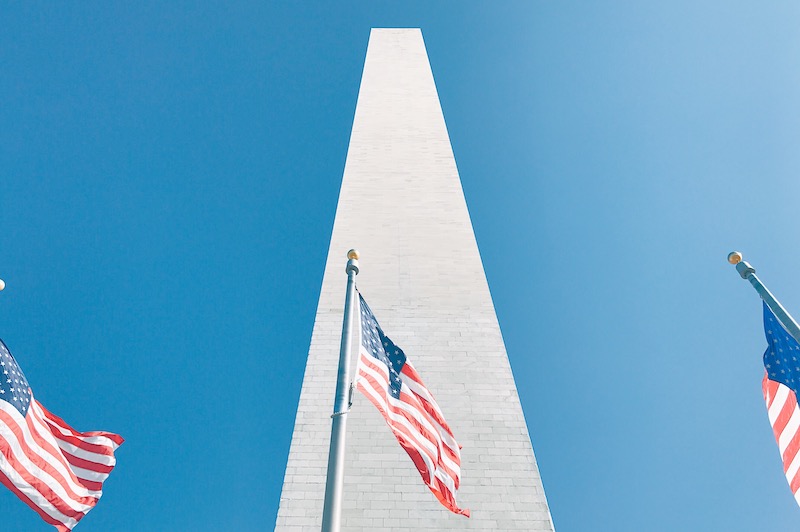The digital age has caused a lot of disruption in the music business.
In 2001, major record labels won a lawsuit against Napster, arguing rightly that the music file-sharing service had infringed on the rights of artists by allowing fans to download music for free without license. It was an awkward moment, as all sorts of tactics were experimented with to stop fans from copying music. Enter Apple’s iTunes store and iPod. The Apple solution provided a system that could adapt to new consumer demands and still reward artists and labels. Though the industry resisted initially, it became the new business model within a few years.
Today, the emergence of streaming services is once again challenging the existing model, making music even more accessible, and paying artists less. Again, consumers love it, but major players in the industry are dubious. In the case of artists like Taylor Swift, they are flat out resisting.
Back in July, Swift lamented that artists are not given their due under this model, asking with trepidation, “Where will the music industry be in 20 years, 30 years, 50 years?” With the recent release of her new album “1989,” she put words into action and pulled the album from all streaming services, including streaming giant Spotify.
[pq]Spotify isn’t for the well-established artists; it’s for up-and-coming talent.[/pq]
There are those who join Swift in making the case that buying full albums provides both a better experience and a more fair valuation of an artist’s work. Mark Hemingway at Acculturated argues that “if you care about music, ultimately you have to care about musicians, and musicians have value.”
But what exactly determines the value of music?
Are we talking about some vague notion of collective value to humanity? That would be hard to pin down. As I interpret Hemingway, he is referring to the value added to a person’s life. But if you could quantify the value one person gets from a Taylor Swift album compared to what any other random person gets, you’d find very different numbers. And it would vary for different artists, of course.
Actually, we do have a quantifiable measure that, while imperfect, estimates this pretty well—that instrument we call price.
Prices are the result of balancing costs and benefits. A brief dive into economic theory here. The more something benefits someone, the more they are willing to pay for it. Since civilization moved beyond the barter system long ago, a typical exchange involves one person trading money for something they want more (a product/service) and the other person trading their product/service for something they want more (money). Both have something to gain and lose in the deal, so the price ends up reflecting the specific point at which they both win.
Of course, companies like Spotify aren’t going to let every user or artist determine their price, so they do their own calculations to estimate what something is worth for the average target customer, and those who agree can opt-in, while others can continue using another service. Getting this number right is critical to the success of the company.
Now, it might be true that Spotify underpays its catalogue of artists and labels, and we will see how that pans out in time. But a couple of things need to be taken into consideration.
1. When you buy a song, you’re paying a premium for unlimited ownership rights, versus essentially leasing the music for a few minutes at a time. Given the benefits, or lack thereof, the costs should be very different.
2. Because fans can explore new music at no additional cost, Spotify gives both fans and upcoming artists unprecedented access to one another. In other words, the barriers have never been lower, and that’s awesome. From the artists’ perspective, this access comes at a cost… but most would say it’s worth it.
If access to millions of listeners is worth it, why are artists like Taylor Swift and Radiohead’s Thom York speaking out against Spotify? Let me put the question another way: if you already had millions of loyal fans who are prepared to buy whatever you release, would you rather they purchase your album at full-price or stream it for pennies?
I have to agree with Tom Barnes at Mic.com:
Swift’s 1989—with all the records it’s set to break—is going to look like a victory for the industry’s old model. But it’s really not. It’s only proof that the old model is unfeasible for anyone but music’s 1%.
Spotify isn’t for the well-established artists; it’s for up-and-coming talent that is begging for exposure, hoping that if just a small piece of the massive Spotify audience catches onto their music they can fill larger venues, sell more merchandise, and build a large enough following to land bigger deals.
I would not be surprised if Spotify alters their business model in the near future to increase payouts to popular artists. If they lose brand name stars, they lose their audiences. But I also won’t be surprised to hear a whole new chorus of complaints emerge about the unjust practice of paying struggling artists less than those who are already making millions. At the end of the day, it’s all about how people leverage what they need versus what they can provide, and it really is a win-win.
Streaming, or subscription-based content, is quickly becoming the norm, even with things like cars and bicycles. People are realizing that you don’t have to own everything. Sometimes it just makes more sense to enjoy something as you need it, then move on. That’s how you maximize value.
Perhaps we haven’t nailed down exactly how to make this model work best, but that’s no reason to throw it out. Instead, we should embrace it, and see where it leads, because it will likely bring new innovation that no one can even imagine right now. Those who fought against the digital age in 2001 could not see what has been made possible in the 14 years since—iPods, cheap music, and a total independence from radio. And indeed, the “big four” record labels no longer enjoy their dominant status as gatekeepers in the industry as they did when I started making music. Thankfully, it is a far more democratic industry now.
So yes, Taylor, the music industry will be alive and well in 50 years—it just may not look exactly like it does today, and that’s exciting.



